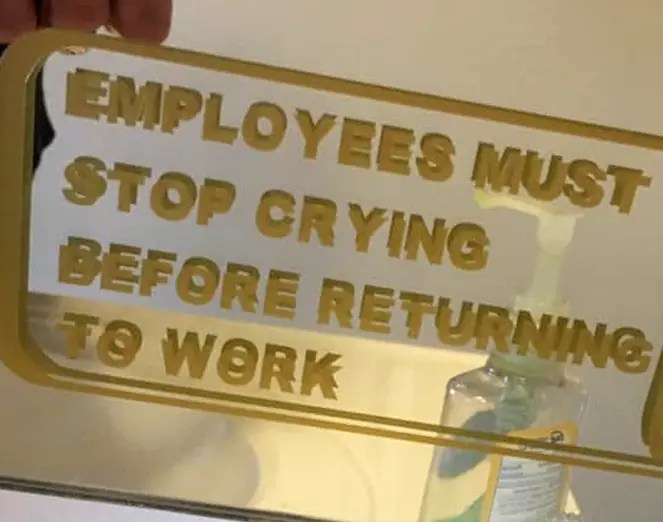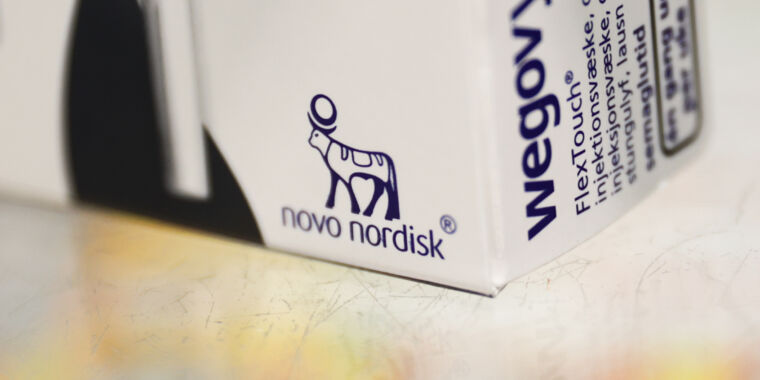- cross-posted to:
- health@lemmy.world
- cross-posted to:
- health@lemmy.world
With the debut of remarkably effective weight-loss drugs, America’s high obesity rate and its uniquely astronomical prescription drug pricing appear to be set on a catastrophic collision course—one that threatens to “bankrupt our entire health care system,” according to a new Senate report that modeled the economic impact of the drugs in different uptake scenarios.
The HELP committee analysis cited a March Congressional Budget Office (CBO) report that found: “at their current prices, [anti-obesity medicines] would cost the federal government more than it would save from reducing other health care spending—which would lead to an overall increase in the deficit over the next 10 years.” Moreover, in April, the head of the CBO said that the drugmakers would have to slash prices of their weight-loss drugs by 90 percent to “get in the ballpark” of not increasing the national deficit.
The HELP committee report offered a relatively simple solution to the problem: Drugmakers should set their US prices to match the relatively low prices they’ve set in other countries. The report focused on Wegovy because it currently accounts for the most US prescriptions in the new class of weight-loss drugs (GLP-1 drugs). Wegovy is made by Denmark-based Novo Nordisk.
In the US, the estimated net price (after rebates) of Wegovy is $809 per month. In Denmark, the price is $186 per month. A study by researchers at Yale estimated that drugs like Wegovy can be profitably manufactured for less than $5 per month.
If Novo Nordisk set its US prices for Wegovy to match the Danish price, spending to treat half of US adults with obesity would drop from $411 billion to $94.5 billion, a roughly $316.5 billion savings.



The ten years of exclusive control is such a shitty idea. I was on a medication that actually had that period extended beyond 10 years, and I struggled to get the medication I needed pretty much from the day it hit the market until a generic was finally made available. And even that was only after the company resisted hard enough to get a class action suit filed against them.
It would be so simple to change the patent laws so that getting the patent requires them to allow other manufacturers to produce the drug as well, and instead of exclusivity, they can get a 10% cut. Still plenty of incentive to patent a new drug, but now that incentive is only raising prices by 10% instead of 10,000%.